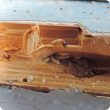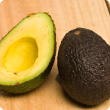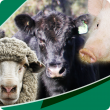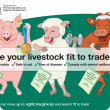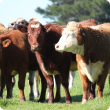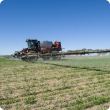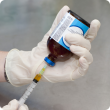Filter by regions:
- (-) Remove Kimberley filter Kimberley
- (-) Remove South West filter South West
- Gascoyne (470) Apply Gascoyne filter
- Great Southern (469) Apply Great Southern filter
- Mid West (462) Apply Mid West filter
- Peel (455) Apply Peel filter
- Pilbara (451) Apply Pilbara filter
- Wheatbelt (447) Apply Wheatbelt filter
- Goldfields-Esperance (445) Apply Goldfields-Esperance filter
- Perth regions (363) Apply Perth regions filter



